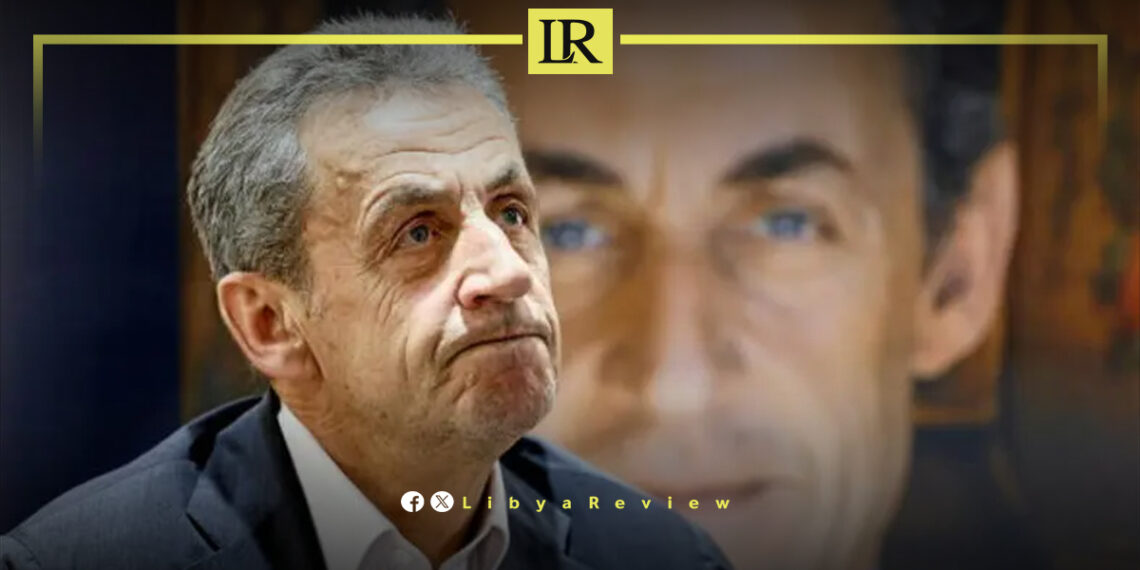The Paris Criminal Court is set to deliver its long-awaited verdict this Thursday in the explosive case of alleged Libyan financing of former French President Nicolas Sarkozy’s 2007 election campaign, a trial that has shaken French politics for over a decade.
At the heart of the case lies the question: Did Muammar Gaddafi’s regime secretly bankroll Sarkozy’s rise to the Élysée Palace? Prosecutors argue that Sarkozy struck a “corruption deal” with the late Libyan leader, channeling millions of euros through intermediaries in exchange for diplomatic and economic favors.
After a three-month trial earlier this year, France’s National Financial Prosecutor requested a seven-year prison sentence, a €300,000 fine, and a five-year ban from public office. Sarkozy, 70, has denounced the proceedings as politically motivated and based on weak evidence, vowing to fight until he is fully cleared.
Sarkozy stood trial alongside 11 others, including three former ministers—Claude Guéant, Brice Hortefeux, and Eric Woerth—facing charges ranging from corruption and illegal campaign financing to criminal conspiracy. Three other figures, including Gaddafi’s former chief of staff Bashir Saleh and businessman Khaled Baghdadi, remain wanted under international arrest warrants.
The court examined a vast body of evidence collected over more than a decade, from Sarkozy’s 2005 meeting with Gaddafi in Tripoli to suspicious art sales by Guéant and the smuggling of Bashir Saleh out of France in 2012. Sarkozy, however, has consistently rejected the charges, describing them as “ten years of slander, 48 hours in police custody, 60 hours of interrogation—and nothing. Not one Libyan dinar.”
In an interview with Le Figaro earlier this month, Sarkozy said he remains calm ahead of the ruling: “It will take time, but I will fight to the end to prove my innocence. I will never bow my head for crimes I did not commit.”
This is not Sarkozy’s only legal battle. He has already been convicted in two separate corruption cases, including the “wiretapping” affair and the “Bygmalion” case over his 2012 campaign finances, and is appealing both.


